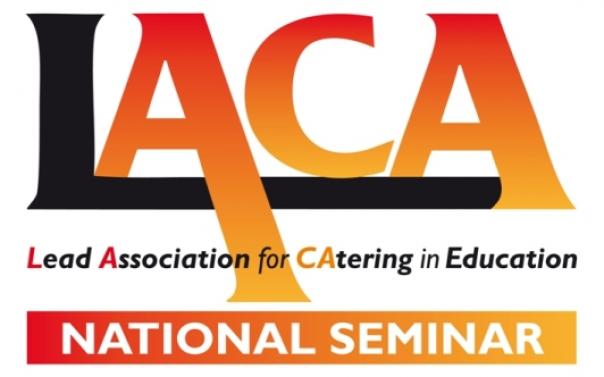
Delegates at the Stratford Manor Hotel heard Natalie Perera, head of research at the Education Policy Institute, present the key findings, followed by Lee Pedar of Oakhill Communications, LACA’s political lobbying partner, who looked at the political dimension to the study.
Then an industry panel discussed the challenges and opportunities the research presented to LACA.
Perera said that while the absence of any control groups made it difficult to draw definite conclusions from the research, there were still useful points that came out of it.
For example, there was no data to suggest any change to the health of children receiving UIFSM, parents said their children were more open to new foods and heads reported improvements in behaviour.
As far as the cost-effectiveness of UIFSM was concerned, she said the findings showed there could be a net economic benefit of £887m over 10 years. But this depended heavily on economies of scale working out, on the rate of food price inflation over the period and whether parents perceived they had saved money as a result.
But she warned that if these factors did not play out positively then the benefit could turn into a £500m net economic cost.
The conclusions she drew were that schools could learn from the experience of others, that further research was needed, that current UIFSM funding actually needs to rise to keep the scheme sustainable, and that it was depressing the numbers of children registered for pupil premium.
Pedar said the research offered a piece of work that LACA could take around Government as it made the case for continuing UIFSM.
“It also makes it more difficult for them to simply rip up UIFSM,” he said, referring to two recent attempts by Government over the last two years to abandon UIFSM.
He urged caterers around the country to engage their MPs and local politicians by inviting them to schools to try the food.
“It has a massive impact when an MP, for example, visits a local school. They are always surprised by the quality of the food on offer.”
The industry panel voiced concerns about the continuing viability of UIFSM at small schools, especially where they relied on bigger schools nearby to cook and deliver meals in.
And academisation had ‘fragmented’ the market and worked against the potential economies of scale available under UIFSM.
But James Bielby of the Federation of Wholesale Distributors reminded delegates that his members were delivering more to schools as a result of UIFSM, there was more UK produce being used and FWD members had increased recruitment as a result.
“The wider impact is greater and we need to show the jobs created and the impacts on local suppliers to support the argument.”
Perera added: “You need the support of parents. Where they criticised UIFSM it was because of the quality of the food, although without additional funding how do we improve the quality?
But show it’s popular with parents. That’s the political move I would propose, particularly looking at marginal parliamentary seats.”
Plans for the 25th anniversary of LACA’s National School Meals Week (NSMW) were outlined by Nigel Argyle of Elygra.
He said a special promotional video for the week was now available on the website (http://thegreatschoollunch.co.uk), there was to be a national poll of the nation’s favourite school meals, and the finalists in the 2018 School Chef of the Year competition would be invited to help bake a cake to mark the 70th birthday of Prince Charles, which falls during NSMW (Nov 12-16).